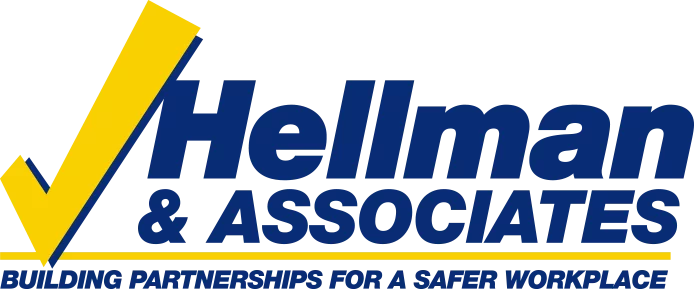OSHA Standard: 1910.22 General Safety & Health Provisions – Housekeeping
Did you know that over 2/3 of all accidents involve housekeeping in some way, shape, or form? Approximately 2.5 million disabling injuries happen in the service industry every year with a cost of over 100 billion dollars.
Housekeeping does not just mean picking your trash. It includes your entire work area. Are your extension cords laid out properly and out of the way of vehicle and pedestrian traffic? Are your work materials and equipment properly stored? Are they placed out of the way of your immediate work area? Do you have a clear access path to and from your work area?
Here are some results of poor housekeeping practices:
- Injuries, when employees trip, fall, strike, or are struck by out-of-place objects;
- Injuries from using improper tools because the correct tool can’t be found;
- Lowered production because of the time spent maneuvering over and around someone else’s mess, and time spent looking for proper tools and materials;
- Time spent investigating and reporting accidents that could have been avoided;
- Fires due to improper storage and disposal of flammable or combustible materials and wastes;
- Substandard quality of finished products because of production schedule delays, damaged or defective finishes, ill-equipped employees, etc.;
- Lack of future work due to a reputation for poor quality;
- “Wall-to-wall” OSHA inspections due to the poor “first impression” of the compliance officer.
General housekeeping rules to remember are:
- Clean up after yourself. Pick up your trash and debris and dispose of it properly, or place it where it will not pose a hazard to others. Institute a routine cleaning schedule.
- Keep your work area clean throughout the day. This will minimize the amount of time needed to clean a “larger mess” at the end of the day.
- Dispose of combustibles and flammables properly. If improperly discarded, they will increase the potential for a fire.
- Mop up all oil spills as soon as possible to minimize spreading.
- Plan your work. Keep adequate sized drain pans handy to
- Stack materials and supplies orderly and secure them so they won’t topple.
- Do you value your health and safety, your work reputation, as well as your future employment? If you do, practice these general housekeeping rules.
